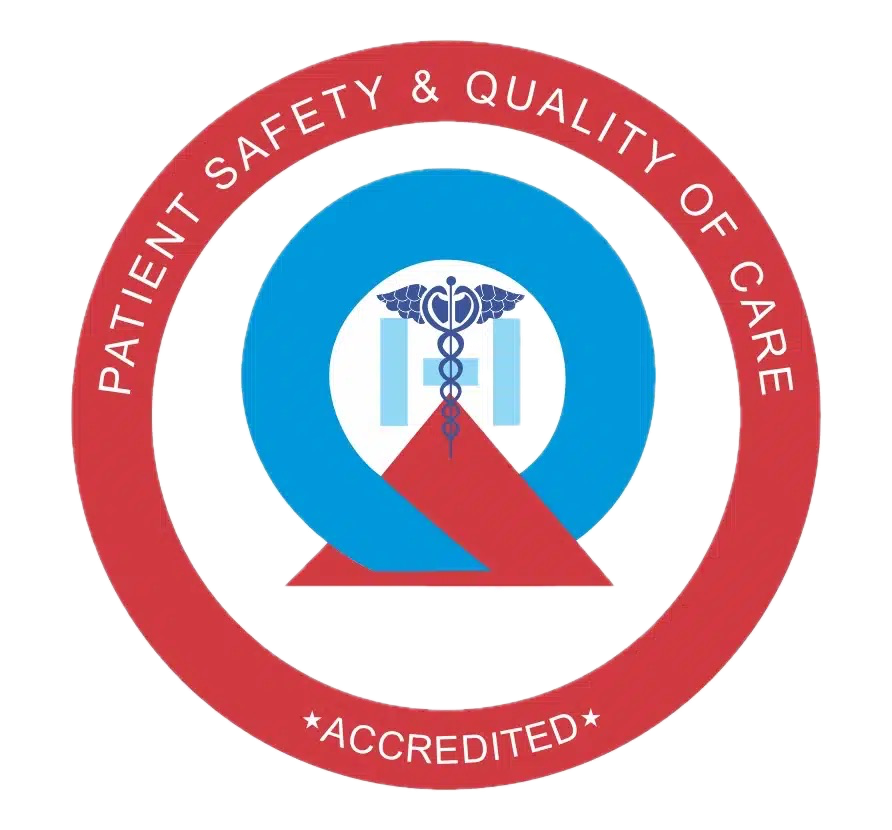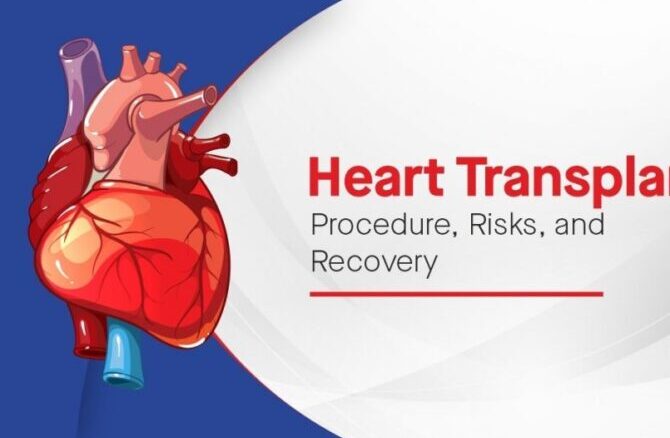- September 22, 2022
- Divineheart
- Comment: 0
- blog
What is a Heart Transplant?
A heart transplant is a surgery in which a healthy heart of an organ Donor is placed in place of diseased heart of a patient, two or more healthcare providers must declare the donor brain-dead. Heart transplant is a treatment that is usually given to reserve for people whose condition hasn’t improved enough with medications or other surgeries prescribed by a doctor.
Heart transplant is a major operation of open-heart surgery, your chance of survival is good with appropriate follow-up care.
Causes of Heart Failure include:
- Heart Attack
- Viral infection of the heart muscle
- High blood pressure
- Low (RBCs) red blood cells count (anaemia)
- Heart effects in infants, children (congenital)
- Irregular heartbeats (arrhythmias)
- High blood pressure in the lungs Alcoholism or drug abuse
- Chronic lung diseases, enlargement, thickening of Heart muscle
- Low red blood cell count (anaemia)
- Heart valve disease
- Alcoholism or drug abuse
Process of heart transplant
Heart transplant surgery is an open-heart surgery procedure, if you’ve had previous heart surgeries, the surgery is more complicated and will take longer.
The surgeon usually gives medication that causes you to sleep (generally anesthesia) before the surgery. Your surgeons will connect your body to a heart-lung bypass machine to maintain the level of oxygen-rich blood flowing throughout your body.
The surgeon will make an opening in your chest. Your surgeon will separate your chest bone and then open your rib cage so that he or she can process the surgery. The surgeon will then remove the heart that is diseased and sews the donor heart in place. The surgeon will then connect the main blood vessels of the donor’s heart. The heart will begin running when blood flow has been restored. Sometimes, an electric shock may be required to cause the donor heart to be able to beat correctly.
You’ll receive medication to aid with relief from pain after the operation. Additionally, you’ll have a ventilator that helps you breathe, as well as tubes placed in your chest to remove the fluids that surround your lungs as well as your heart. After surgery, you’ll receive medications and fluids via IV (IV) tube.
What are the potential risks associated with a Heart Transplant?
Like for any heart attack surgery complications can occur. Risks associated with the heart transplant could include:
- Infection
- Risk of bleeding during or after the procedure
- Blood clots could cause stroke, heart attack, or lung issues.
- Kidney failure
- Coronary Allograft Vasculopathy (CAV)- It is a condition that affects the blood vessels which carry fluid to the cardiac muscle. They get thicker and harder. This could lead to serious heart muscle injury.
- Heart failure in the donor
- Death
Your body’s immune system might be able to reject your new heart. It is a normal reaction to a foreign object. When you acquire a brand-new heart, the immune system responds to what it considers an outside threat and begins attacking this new body. In order for the organ that was transplanted to remain in the new body, you’ll require medication. The drugs will trick your immune system to accept the transplant, and stop the body from attacking.
It is necessary to take medications to treat or prevent rejection throughout your life. These medications can have negative side effects too. The adverse effects one can experience will depend on the specific medication you are taking:
- Infections that are ongoing or recurring and doesn’t improve with treatment
- Insufficient blood flow throughout the body including the brain.
- Metastatic cancer. It is the time when the cancer is spreading from the area it began to other locations within the body.
- A serious health issue that could cause you to be unable to endure the procedure
- Other health issues apart from heart disease will not improve after transplant
- Incompleteness with the treatment regimen. For example, not adhering to the directions of your physician and not taking your medication according to the prescription, or not attending appointments.
- Abuse of alcohol or drug
Recovery
Usually after having an open-heart surgery, you’ll need to make several long-term adjustments after you have had your heart transplant. These include:
- Taking immunosuppressants.
- Managing medications and a lifelong care plan.
- Cardiac rehabilitation


